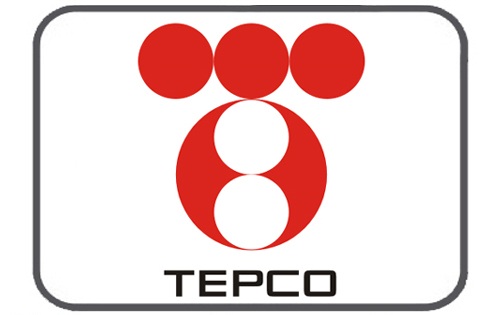Japanese utilities Tokyo Electric Power Co. Holdings (TEPCO) and Chubu Electric Power (CEP) have joined together with nuclear reactor builders Hitachi and Toshiba to "create a framework for safe and efficient construction, operation, maintenance and eventual decommissioning of nuclear power plants.”
The Japanese nuclear industry suffered a serious blow when TEPCO's Fukushima Daiichi nuclear power plant was destroyed by flooding related to an offshore earthquake in March of 2011. There was a serious public backlash against nuclear power in Japan following the accident. TEPCO has been having problems with overseas nuclear projects involving the same design as the Fukushima Daiichi nuclear power plant.
The new partnership that has just been announced will attempt to cut costs and to recruit a new generation of nuclear engineers which are desperately needed by the Japanese nuclear industry. One option for joint management may include the assumption of responsibility for the shelved Higashidori nuclear plant project in northern Japan. Such a move might help to lower the prominence of the TEPCO brand in the Higashidori project.
The CEO of Toshiba was not enthusiastic about such joint management projects. He said, “I want to make clear that Toshiba is not in the nuclear power business.” One major issue for the new partnership is exactly how to allocate responsibility for any future reactor disaster.
The four Japanese nuclear companies began serious conversations about the possible partnership a year ago in August of 2018. There are many details that still need to be worked out. The agreement’s intent is to develop “sustainable business operations.”
All four companies have worked with boiling water reactors of the type used at Fukushima Daiichi. They are all committed to continue to work with this technology. TEPCO and CEP are experienced in the construction and operations of nuclear power plants. Hitachi and Toshiba have expertise in the manufacture and maintenance of nuclear reactors.
The two companies that have constructed nuclear power plants have had a difficult time expanding their business into the global nuclear market. Hitachi announced plans to suspend work on a U.K. projects last January. Toshiba has pulled out of overseas nuclear plant construction projects. These projects and their failure played a major part in recent Toshiba financial problems.
The Japanese government has made commitment to nuclear power as an important part of satisfying future energy needs. A goal has been set to generate from twenty to twenty-two percent of the electricity consumed in Japan with nuclear power reactors by 2030. The Japanese Economic Minister said recently that he believes that this goal is achievable. However, new plant construction has stalled in Japan and the restart of the existing reactors which were all shut down following the nuclear disaster at Fukushima Daichi has been slow.
TEPCO is going to decommission the entire Fukushima Daiichi nuclear power plant as well as the Fukushima Daini complex which is near Daiichi. TEPCO is also thinking about retiring some of the reactors currently mothballed at the huge Kashiwazaki-Kariwa plant in central Japan. There has been widespread community opposition to restarting operations at the facility. In order for the government’s goal for nuclear electricity production to be reached, eighty percent of the twenty-seven power reactors owned by TEPCO will have to be put into operation.
